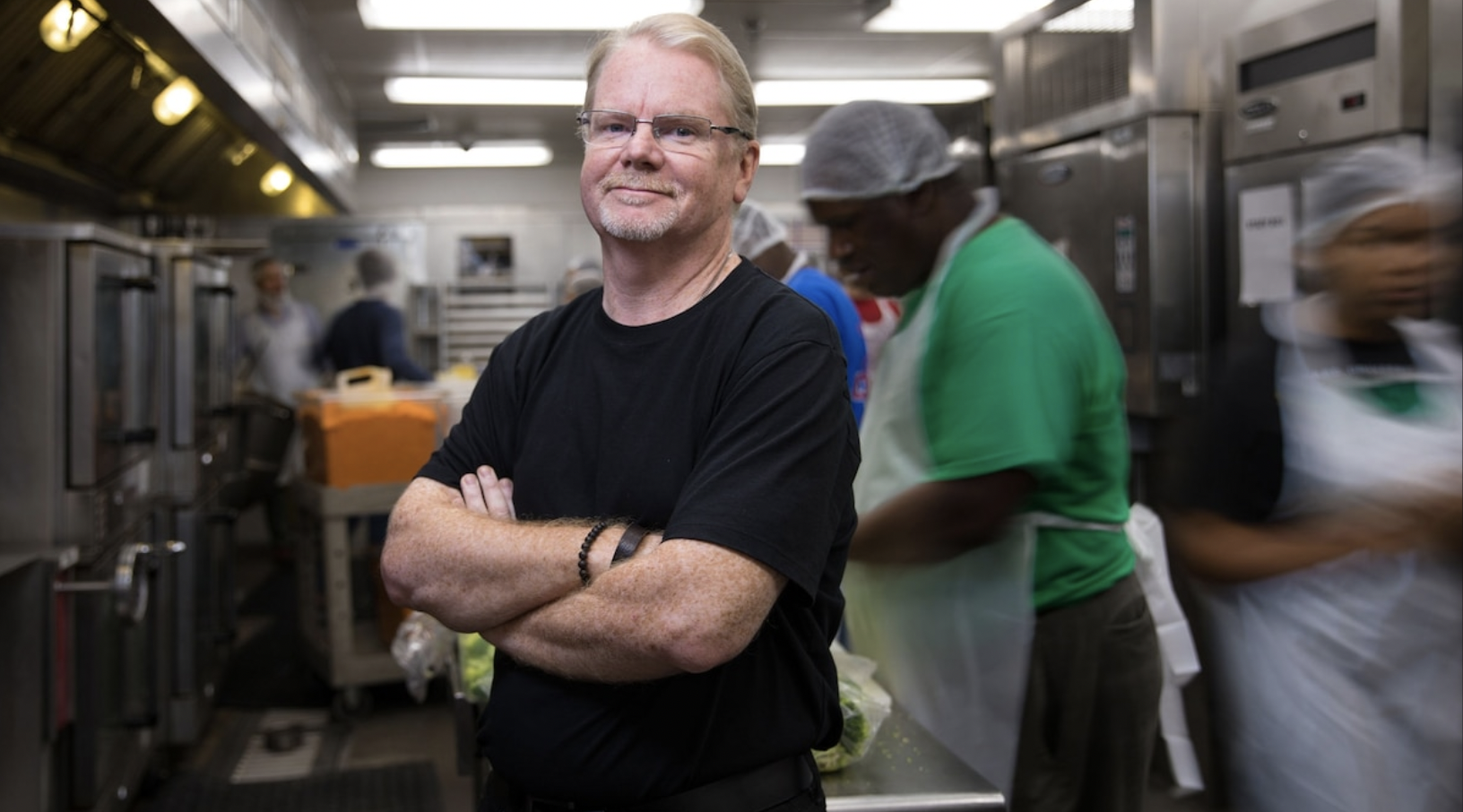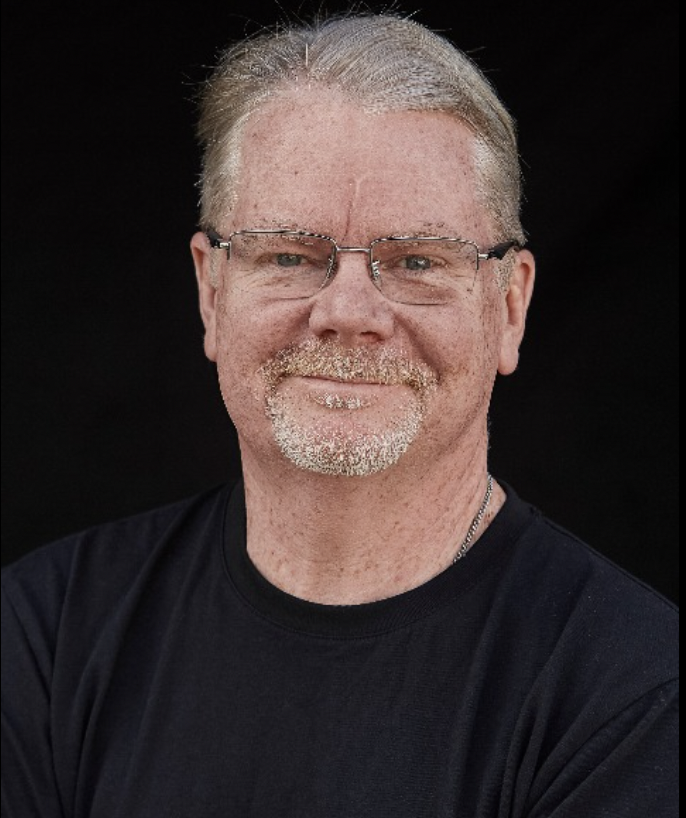D.C. Central Kitchen, an open-source solution to fight hunger differently

D.C. Central Kitchen: Revolutionizing Food Security and Social Enterprise
D.C. Central Kitchen, a long history to fight hunger differently
DC Central Kitchen (DCCK) stands as a beacon of innovation in the battle against food insecurity and poverty. Founded in 1989 by Robert Egger, a former nightclub manager, DCCK emerged from his frustration with traditional charitable approaches to hunger and homelessness. R. Egger envisioned a more sustainable and empowering solution, creating a unique social enterprise model aimed at breaking the cycle of poverty.
Unlike conventional soup kitchens, DCCK employs graduates of its culinary training programs to fulfill paid contracts. This approach, initiated in 1996, transforms charity into an opportunity for self-sufficiency. The organization’s core mission is to use food as a tool to strengthen bodies, empower minds, and build communities.
DCCK’s enterprises include preparing meals for 30 schools daily, supplying fresh produce to neighborhood grocery stores in food deserts, and operating fast-casual cafes across the District of Columbia. This multifaceted approach ensures not only food security but also access to affordable fresh food, especially for marginalized communities.
A strong desire to share experience and knowledge to as many people as possible
Robert Egger’s willingness to disseminate its concept as an open source solution made it possible to inspire and to support the creation of over 60 similar central kitchens across the United States. In 2001, R. Egger expanded his vision with The Campus Kitchens Project, engaging students in food recovery and meal preparation for their communities. This model of replication without direct affiliation continued with LA Kitchen in Los Angeles in 2012.
Under the leadership of CEO Mike Curtin, who joined as COO in 2004, DCCK has continued to evolve. The recent opening of a new building in April 2023 marks a significant milestone in their journey. The organization’s focus remains on practical culinary training for individuals facing employment barriers, creating jobs, and distributing nutritious meals where they are needed most.
With a yearly creation of 121 jobs, the organization embodies the principles of righteous entrepreneurship. But despite significant growth, DCCK maintains a focus on sustainable impact rather than sheer numbers.
DCCK’s commitment to knowledge sharing is deeply embedded in their DNA.
Despite the challenges of time and resources, DCCK prioritizes sharing their model as part of their mission. They do not charge for this knowledge, aiming to create equity and opportunity. Philanthropic investments, which have grown over the years, support this dissemination without placing a financial burden on those seeking to learn from their experience.
| ”We believe we have not only the ability but the obligation to share what we did, and what did not work”. |
D.C. Central Kitchen open-source principles and process
Sharing one’s concept with others entails a series of questions and principles that must be thought of… But one thing was for sure with DCCK:They did not want to become a franchise such as McDonald’s, where every place looks and offers the same.
Even though Mike Curtin admits that there is a fine line between intellectual property and what one is ready to let go of, it was decided that DCCK would not share the brand’s name for two reasons:
1. It is impossible for DCCK to control the quality of each replicated initiative hence the choice of a model with no legal bound between DC Central Kitchen and the other similar concepts.
2. DCCK does not want to get any credit from the initiatives emerging from their model, because replicators make it their own as they adapt the concept to specific needs and context.
In terms of transfer of know-how, the DCCK teams worked on a manual and materials that are shared with project leaders and regional conferences are led to highlight effective practices, get people’s feedback, etc.
On top of this, site visits are organized to discover how things work. In the past, DCCK used to visit all people interested in the concept but as activities are growing, they welcome people to come and see them instead. For DCCK, it is important that people understand the intentionality of what they do and for that, they need to experience, to interact and witness it live!
| “People usually want easy answers and quick solutions but we haven’t gotten that far yet. You’re not gonna get this out of a book, you have to SEE and EXPERIENCE it to understand it.” |
Another important thing is that DCCK does not charge people for the use of their concept. As Mike claims, they are lucky enough to have philanthropic investments and people giving them money [because they like their work and commitment], therefore there is no need to ask for retribution. What DCCK aims for is to make the concept accessible to as many people as possible to eradicate hunger.
D.C. Central Kitchen main dissemination & knowledge management challenges
Time obviously! Sharing, answering questions, and supporting others requires time that we must and do take because the philosophy behind DDCK is: “The guest is not the interruption of your work but it is the reason for your work” (Mike Curtin).
Continuous Improvement and Adaptation
DCCK’s impact is continuously measured and refined. They gather feedback from visitors and partners, incorporating lessons learned to improve their operations. This iterative process ensures that their mission to end hunger through job creation and empowerment remains at the forefront.
The philosophy of “relentless incrementalism” underscores DCCK’s approach. Their progress has been gradual but persistent, demonstrating that meaningful change is achievable through consistent, incremental efforts. This mindset encourages others to start small and build steadily towards a better future.
In fact, DCCK’s CEO explains that “scale” works both ways: an organisation does not always have to scale up, sometimes a smaller scale is the way to go !
Final word
“if more people are making that same relentless incremental progress, we’re all gonna live in a better place” (Mike Curtin)
Find out more
🎥 Discover DC Central Kitchen in video: https://www.youtube.com/watch?v=trk_Fa2mngk
👉 Find out more about our services: contact@scalechanger.org
Photo credit: Rebecca Hale, National Geographic
Date: September, 26th 2024

